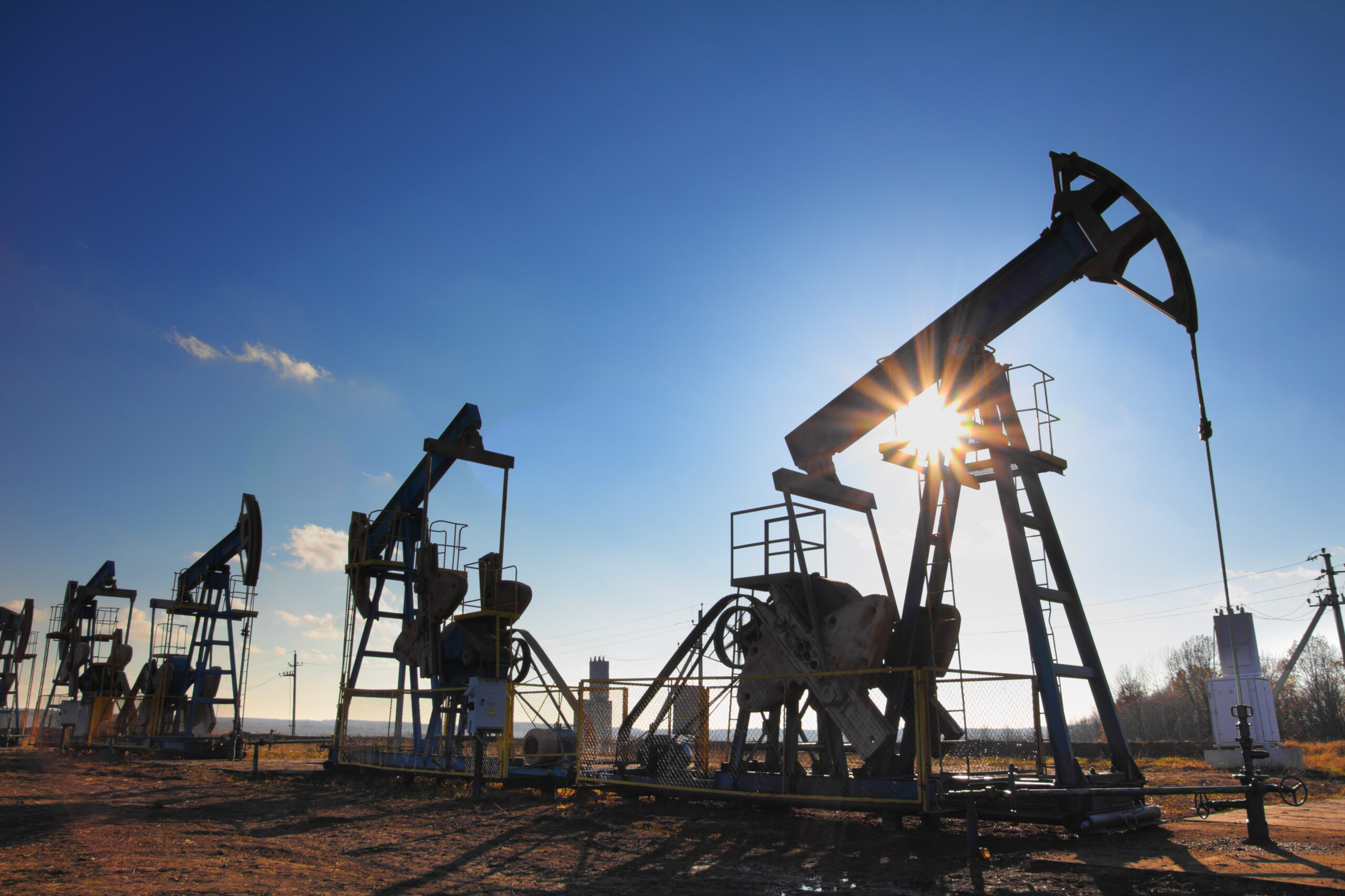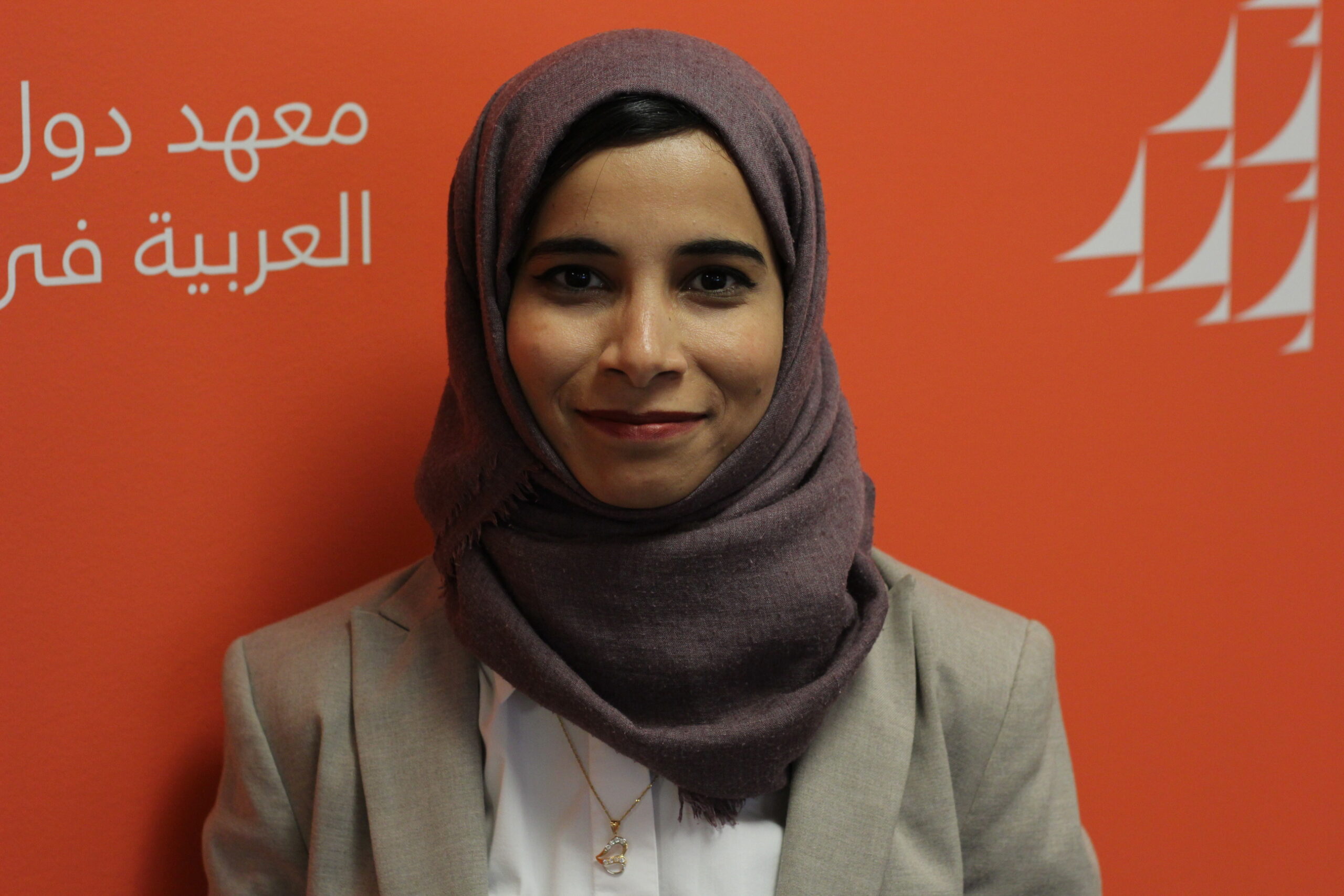United Arab Emirates
Nov 27, 2018
Gulf Strategic Interests Reshaping the Horn of Africa
As Gulf Arab states exert greater influence in the Horn of Africa, the region’s future is being reimagined.
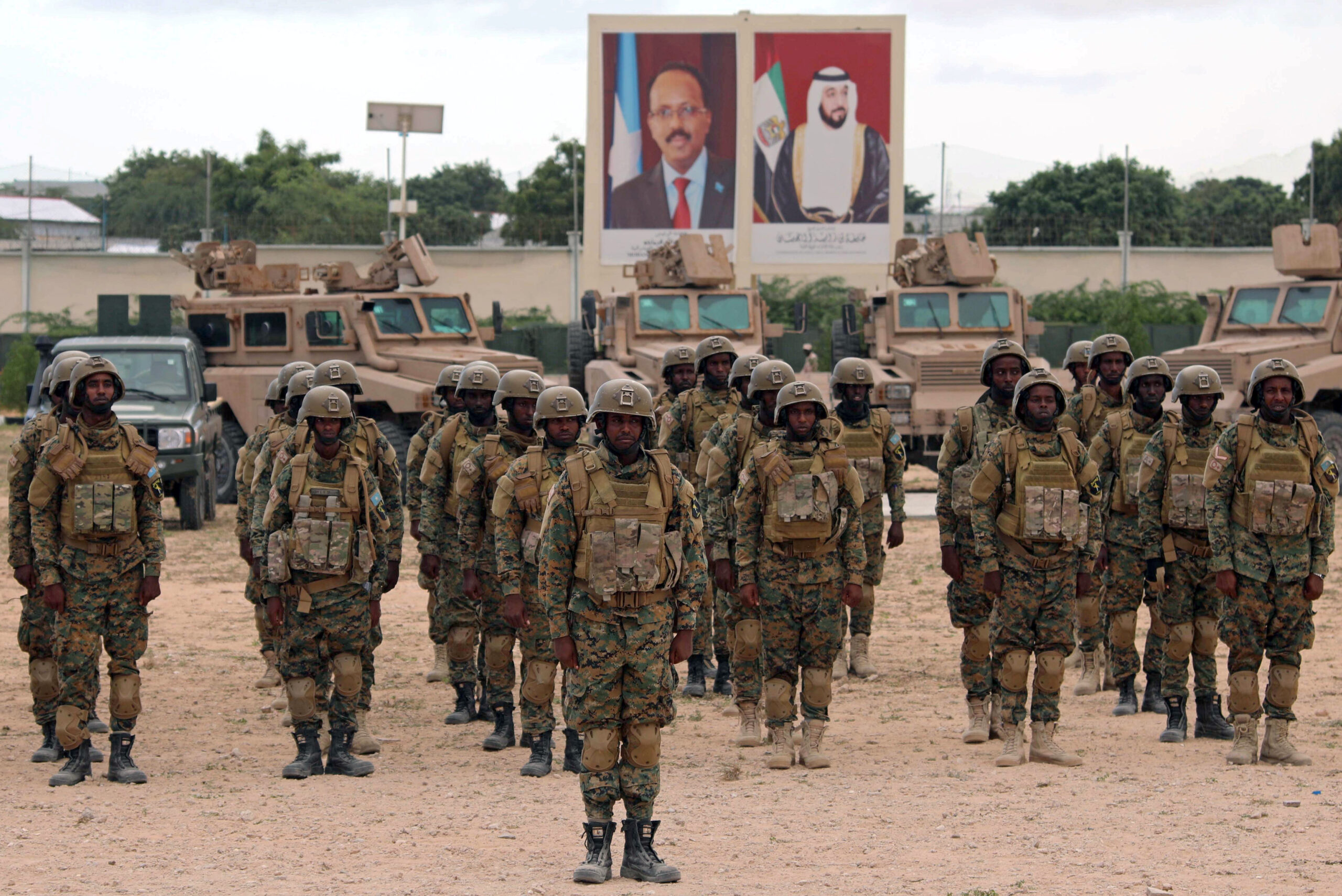
Nov 16, 2018
The Geoeconomics of Reconstruction in Yemen
The conflict in Yemen has exacted a disastrous toll on the country. This paper considers the outside forces in the conflict, seeking to elucidate who they are, what the nature is of their involvement, and what their converging and conflicting interests mean for reconstruction.
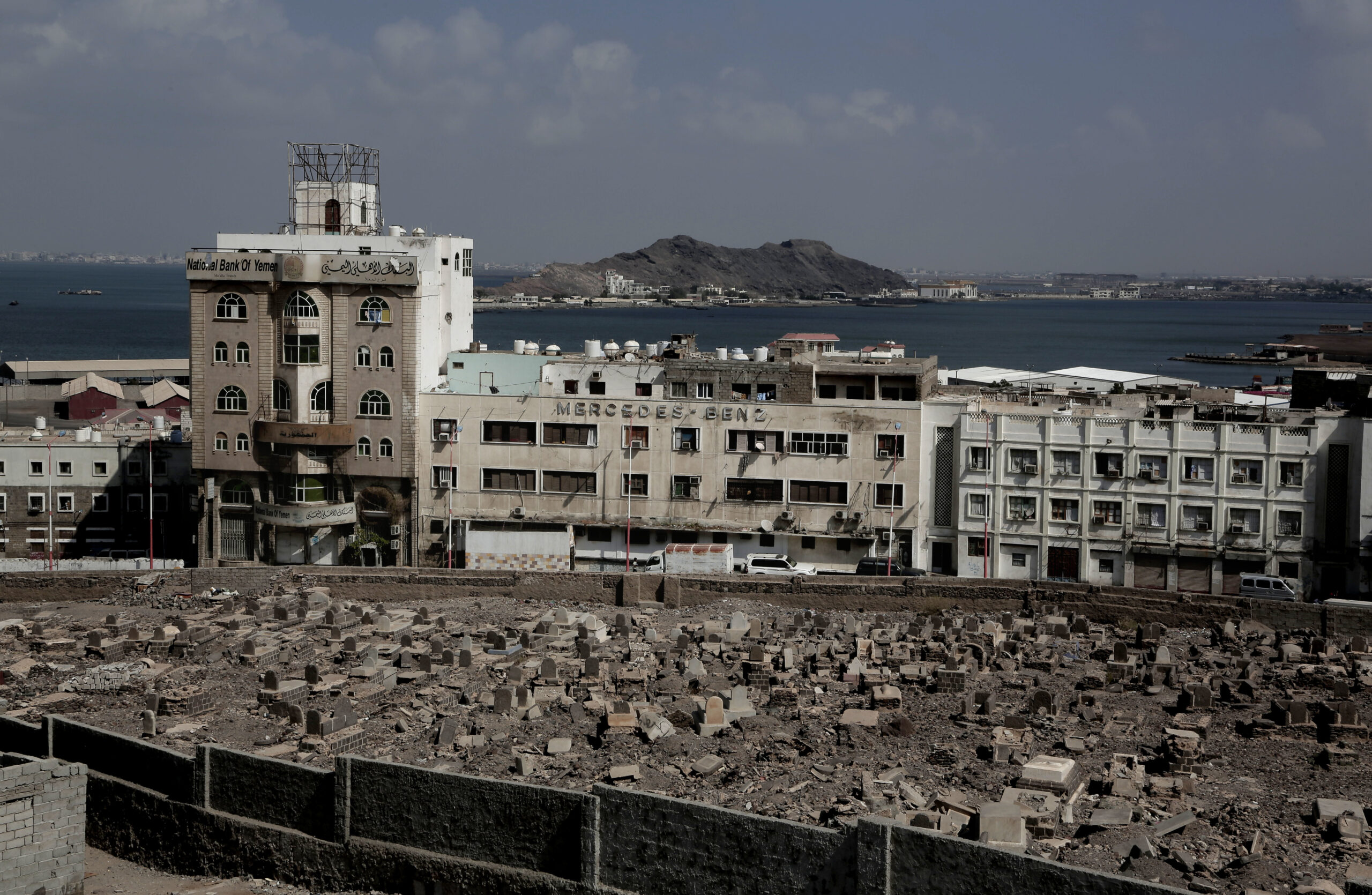
Nov 14, 2018
U.S. Sanctions Unlikely to Sever Iran’s Economic Ties to Gulf Arab States
Despite U.S. sanctions, Iran, with the second-largest economy in the Middle East after Saudi Arabia, is likely to remain an integral economic actor for the Gulf Arab states.
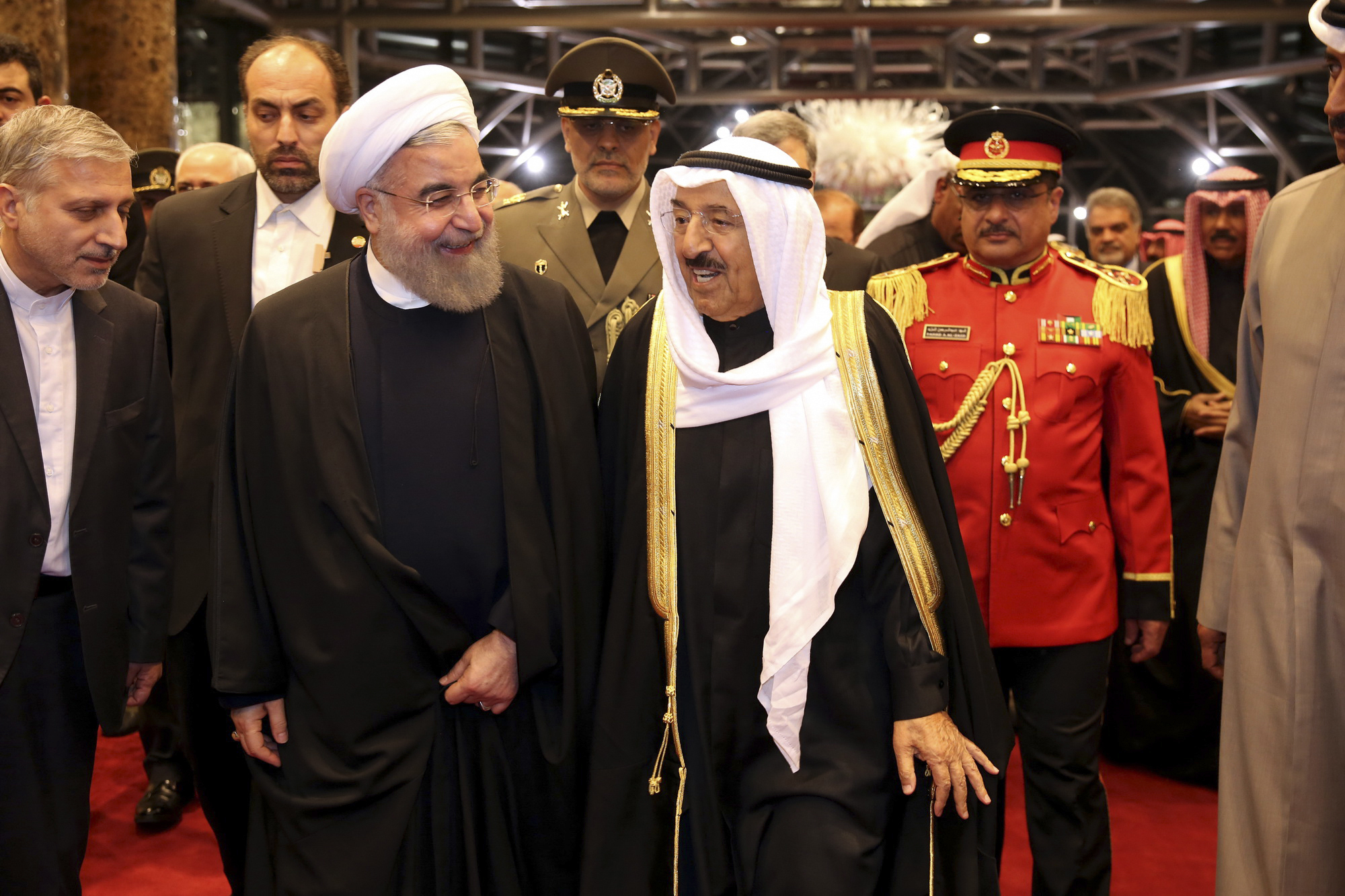
Nov 7, 2018
Social Media Influencers in the Gulf Arab States
Authorities in the Gulf states are wrestling with the rise of social media stars, regulating their use of social platforms while simultaneously trying to capitalize on their fame.

Nov 6, 2018
Maximum Pressure: Are Trump’s Middle East Policies Starting to Yield Results?
AGSIW hosted Raghida Dergham, founder and executive chairman of the Beirut Institute, and Andrew Peek, deputy assistant secretary of state for Iraq and Iran in the Bureau of Near Eastern Affairs at the U.S. Department of State, to analyze developments in U.S. Middle East policy.
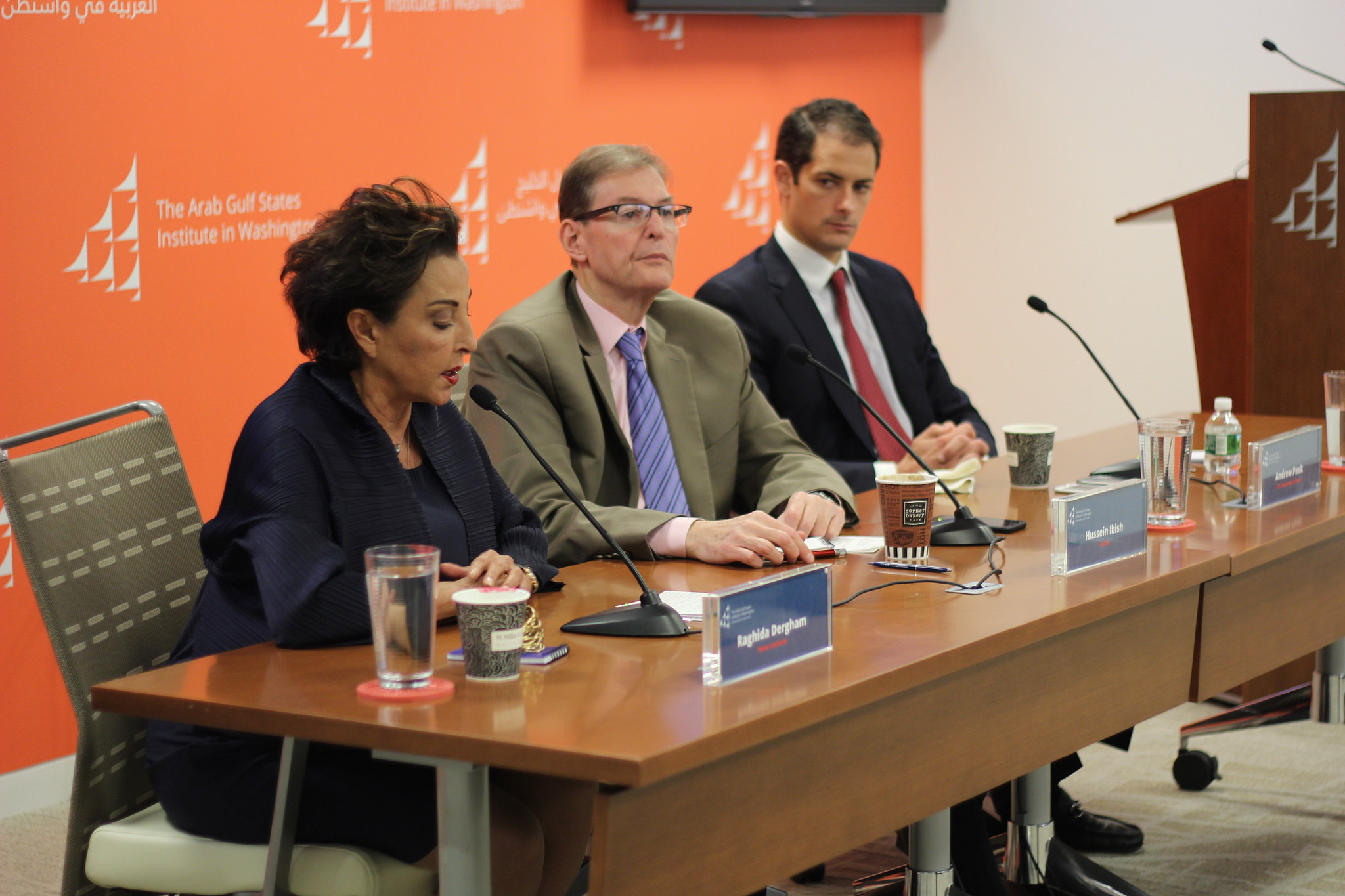
Nov 2, 2018
The Midterms Could Reshape U.S.-Gulf Arab Relations
The midterm elections may illustrate that Saudi Arabia and other Gulf states have become too much of a partisan issue in U.S. politics.
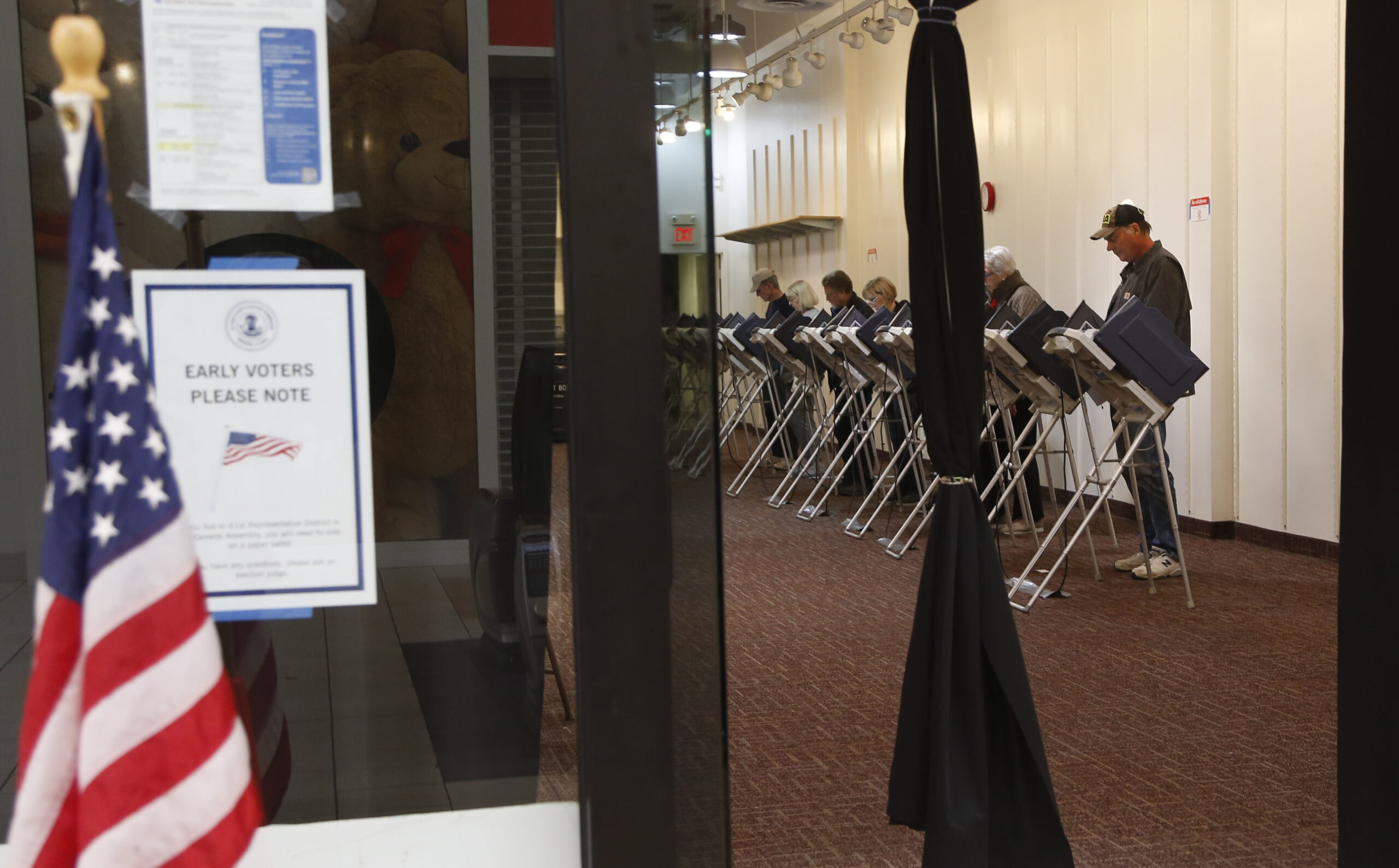
Oct 24, 2018
How Can Carbon Pricing Support Economic Diversification in the Arab Gulf States?
The Gulf states are in many ways among the most vulnerable to the effects of climate change. Carbon pricing could be a useful tool to meet emissions reduction goals and hence reduce the adverse climate impacts on the region, while at the same time presenting opportunities for economic diversification.
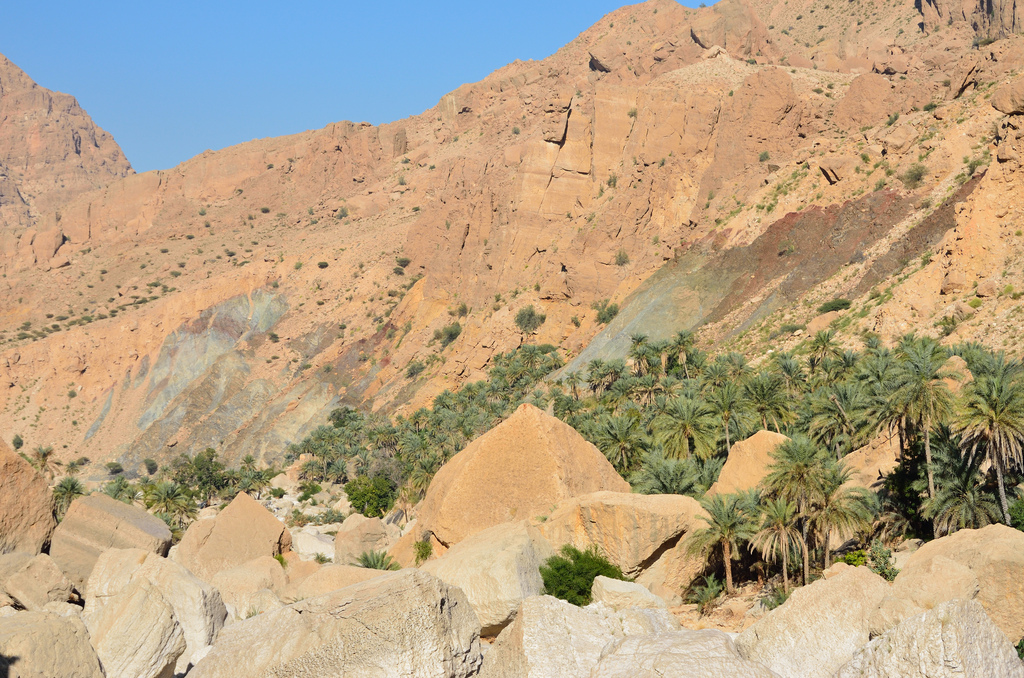
Oct 22, 2018
Petro Diplomacy: Back to the Future – Oil and Gas at the Center of New Growth in the GCC States
For its fourth consecutive year, AGSIW convened its Petro Diplomacy conference to discuss how changes in technology, fiscal priorities, and opportunities for growth continue to alter the relationship between politics and energy for the region and beyond.
